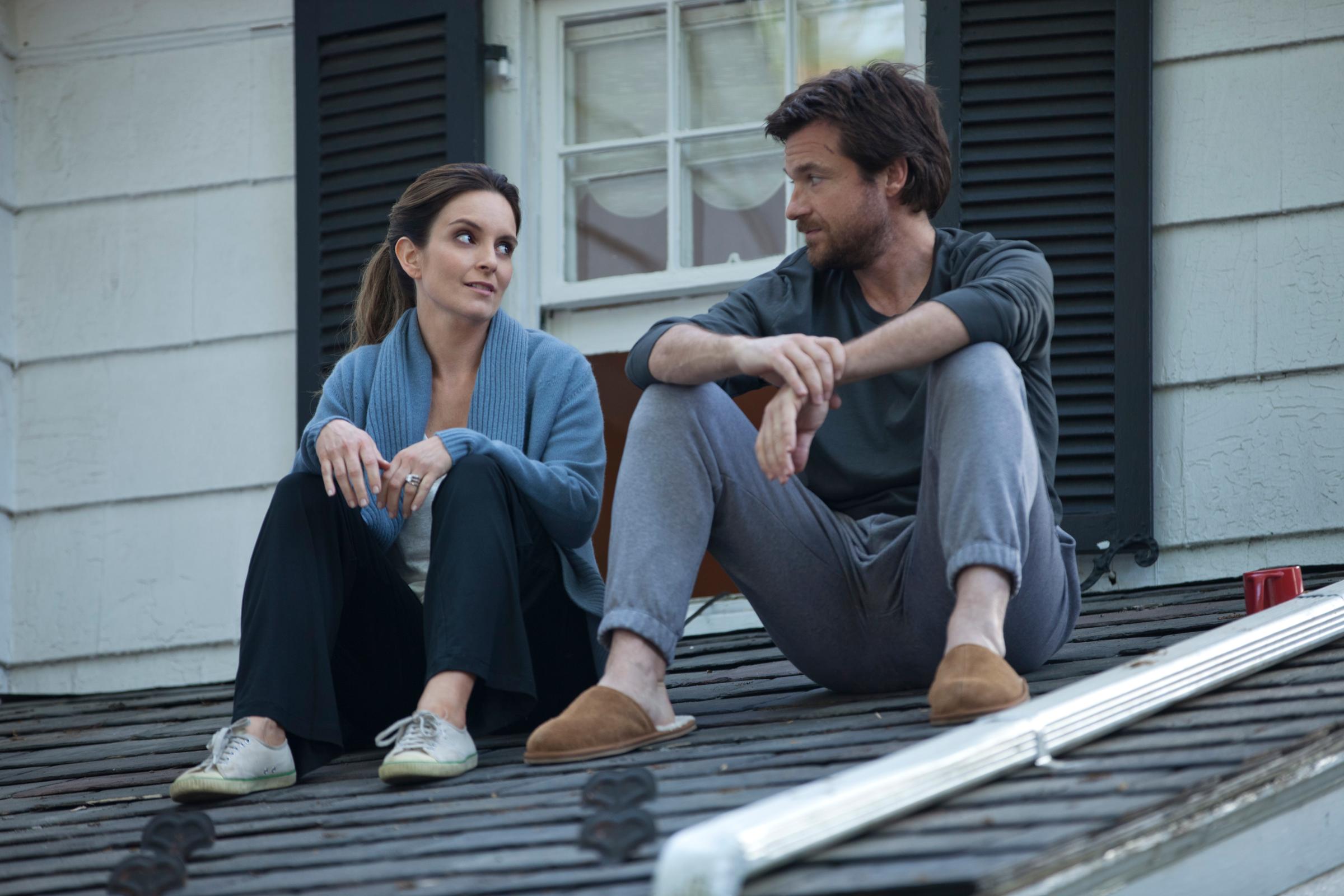
Fans of John Green’s beloved bestseller The Fault in Our Stars have been waiting just two years for the film adaptation on June 6 — but for devout followers of the book, it’s felt like much longer. Thanks to the author’s on-set social media teasers and extensive marketing from FOX, the amped-up-anticipation turned into a fan frenzy, which all weighed heavier on the imminent question: Will the film live up to the book?
After all, it’s difficult to trust Hollywood, and it’s not just fans who are often disappointed. Bestselling writer Jodi Picoult has voiced frustration over her books being made into movies, telling TIME: “It’s really hard to have people in Hollywood lie to you. What’s really upsetting is when a fan says, ‘Why did you let them change the ending?’ As if we have any say in the matter.” Stephen King, similarly, was vocal about disliking Stanley Kubrick’s adaptation of The Shining.
While the book-is-always-better mindset persists, a new dawn is near: as Hollywood continues to look to books tied to a preexisting fan base, screenwriters continue expressing a desire to stay true to the original work.
The lucky job of pleasing Green’s fans went to Scott Neustadter and Michael H. Weber, the dominant screenwriting duo behind 500 Days of Summer; next, they’re set to tackle book-club favorite Me Before You. The story for The Fault in Our Stars follows Hazel and Gus, terminally ill teens who fall in love after meeting in a cancer support group. Though some changes did have to be made, Neustadter and Weber stumbled on the book as fans and wanted to preserve the heart of the story as much as possible.
“Our attitude resembled the fans who thought this might get screwed up,” Weber says. “We were, like, someone is going to do this the wrong way.” The task at hand wasn’t easy, Neustadter explained. “Your job is to figure out how to take something that people read over a week and do it in 100 minutes.”
The difficulty of capturing that essence can be alleviated, though, when authors have a hand in the screenplay. That collaborative effort is becoming increasingly common, and worked well for Michael Mitnick, the screenwriter for Lois Lowry’s The Giver, premiering in August.
“We were very lucky that Lois was very accessible and supportive,” Mitnick says. “Whenever we needed to make an alteration to something simple, she provided an answer.” He and the Weinstein Company used Lowry’s advice to keep The Giver from becoming a trendy movie about a dystopian society, full of sex and violence.
“When you have a writer whose voice is everything, you lose that in a movie,” film critic Stephen Whitty explained during a Rotten Tomatoes adaptation panel at BookCon, a book lover’s convention in Manhattan.
But those who’ve been privy to early screenings of The Fault in Our Stars seem pleased with the results. The substance of Green’s voice and the tear-jerking storyline is still very present. Approval from devoted fans has already begun to trickle in on social media — plus Green’s own endorsement, which he explained at a separate BookCon panel dedicated to the film’s release. “There were parts [of the script] I was infuriated by,” he said. “But it’s because it was so much better. They captured the tone, the feel, the kind of vibe I wanted to book to have.”
The process, of course, is no easy feat. Though there’s a common perception that Hollywood will ruin a book, the trend is starting to shift, with studios working to preserve the original text’s integrity as much as possible, even if that means waiting years — or decades — to get it right. For Lowry, whose The Giver was published in 1993, it’s been a 20-year journey to get it to the screen. “It was probably optioned in 1995, and I’m aware of five screenplays having been written,” she says. “It was frustrating in periods, but in retrospect it’s probably good that it took so long.”
The patience for the right screenplay stems from the obvious fear of disappointing fans, who don’t shy away from picking apart every detail the studio releases. The Giver fans tweeted and blogged their concerns about the first trailer being in color, as opposed to the black and white shades the main character sees in the book — only to have their fears allayed by The Weinstein Company’s black and white featurette that was later released.
Screenwriters are lucky if they get to work closely with authors, but some choose to do the heavy lifting themselves. Jonathan Tropper’s adaptation of his own 2009 novel This Is Where I Leave I Leave You will be released in September, starring an ensemble cast that includes Tina Fey and Jason Bateman. But authors aren’t always the best people to do the adapting. JoJo Mayes tried to write her own script for Me Before You, but the job ultimately landed in the hands of Neustadter and Weber, who could give it a more cinematic, less novelistic feel. Tropper, on the other hand, worked closely with director Shawn Levy at refining the script, even though it took five years of development and nearly 40 drafts.

Tropper says the stakes are high when you’re trying to please a new audience in addition to the existing fans of the book, especially with the omnipresent risk of studio interference — and unlike some others, he was fortunate. “I was really lucky in that no one I worked with was too interested in straying too far from the book,” he says. “Adapting your own book is tricky. It’s like doing surgery on your own kid.”
More Must-Reads from TIME
- Why Trump’s Message Worked on Latino Men
- What Trump’s Win Could Mean for Housing
- The 100 Must-Read Books of 2024
- Sleep Doctors Share the 1 Tip That’s Changed Their Lives
- Column: Let’s Bring Back Romance
- What It’s Like to Have Long COVID As a Kid
- FX’s Say Nothing Is the Must-Watch Political Thriller of 2024
- Merle Bombardieri Is Helping People Make the Baby Decision
Contact us at letters@time.com